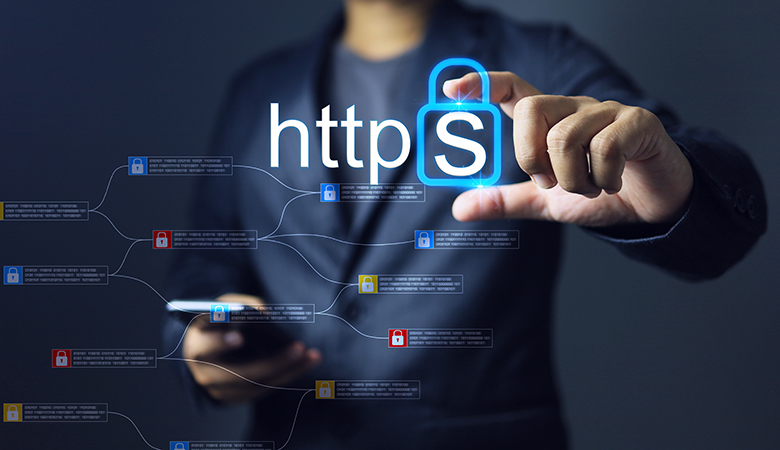What Website Owners Get Wrong About SSL Certificates
- Home
- Cyber Security
- What Website Owners Get Wrong About SSL Certificates
What Website Owners Get Wrong About SSL Certificates
Table of Contents

SSL certificates have become standard across the web — the green padlock, HTTPS in the URL bar, and promises of encryption are now seen as minimum requirements. But despite their widespread use, many website owners still misunderstand what SSL actually does, why it matters, and what it doesn’t protect.
Here are the most common misconceptions about SSL certificates — and what you need to know to truly secure your website.
“SSL Means My Website Is Fully Secure” — Not Quite
The biggest mistake website owners make is assuming that an SSL certificate protects everything. In reality, SSL only encrypts data in transit — that is, between the visitor’s browser and your server.
What SSL does:
- Encrypts login credentials, contact form submissions, and payment details during transmission.
- Prevents third parties (like public Wi-Fi snoopers) from intercepting data.
What SSL does not do:
- Secure your website files or database from malware or hacks.
- Protect against outdated plugins, weak passwords, or vulnerabilities in your CMS.
- Guarantee trustworthiness of your content.
SSL is just one layer of web security — an important one, but far from complete.
“Free SSL Isn’t As Good As Paid SSL” — Often False
Thanks to Let’s Encrypt, most websites today use free SSL certificates, and they’re more than adequate for blogs, portfolios, and small business websites.
The difference:
- Free SSL: Offers domain-level encryption, automatically renews, and is trusted by all modern browsers.
- Paid SSL: May include extended validation (EV), warranty coverage, and business verification features — but not stronger encryption.
For eCommerce or enterprise environments, paid SSL can offer brand trust via visible certificates or warranty policies. But for most users, free SSL is just as secure from a technical standpoint.
“Once It’s Installed, I’m Done” — Not Quite
SSL certificates can expire, break due to configuration changes, or fail to auto-renew — which can lead to the dreaded “Not Secure” warning in browsers.
Mistakes include:
- Forgetting to renew manually (for paid certificates)
- Misconfigured redirects (leading to mixed content warnings)
- Installing SSL but keeping HTTP versions accessible
To avoid issues:
- Set up automatic renewal.
- Force HTTPS site-wide using .htaccess or your control panel.
- Regularly test your SSL using tools like SSL Labs.
“I Don’t Need SSL Because I Don’t Collect Data” — Wrong
Even if your website has no login form, payment gateway, or contact form, SSL is still essential.
Why?
- Modern browsers label all HTTP pages as “Not Secure”, even simple ones.
- Google uses HTTPS as a ranking signal, so SSL can improve SEO.
- Visitors are more likely to trust and stay on secure sites.
- In short, every website — even a static one — benefits from SSL.
“SSL Slows Down My Site” — A Myth From the Past
In the early days of SSL, encryption added some overhead. But with the rise of HTTP/2 and better server performance, modern SSL can actually make your website faster, not slower.
SSL enables features like:
- HTTP/2 multiplexing (faster asset loading)
- Better CDN integration
- Improved browser caching behavior
So not only is SSL no longer a speed issue — it’s a performance enabler when configured right.
SSL Certificates: Critical for Security — But Not a Silver Bullet
SSL certificates are a fundamental part of today’s web, but they’re often misunderstood. They provide essential encryption, boost trust, and help meet modern security and SEO standards — but they’re not a magic bullet.
To truly secure your site:
- Combine SSL with strong passwords, regular updates, firewalls, and backups.
- Monitor SSL status regularly.
- Educate yourself on evolving best practices.
- SSL is your first step to a secure, trusted, and professional online presence — just make sure it’s not your only step.
Reliable Hosting for a Seamless Online Experience
24/7 Support & High Performance – Host with Confidence
Boost Your Online Presence with Host Home: Unmatched Hosting Power, Anytime, Anywhere.